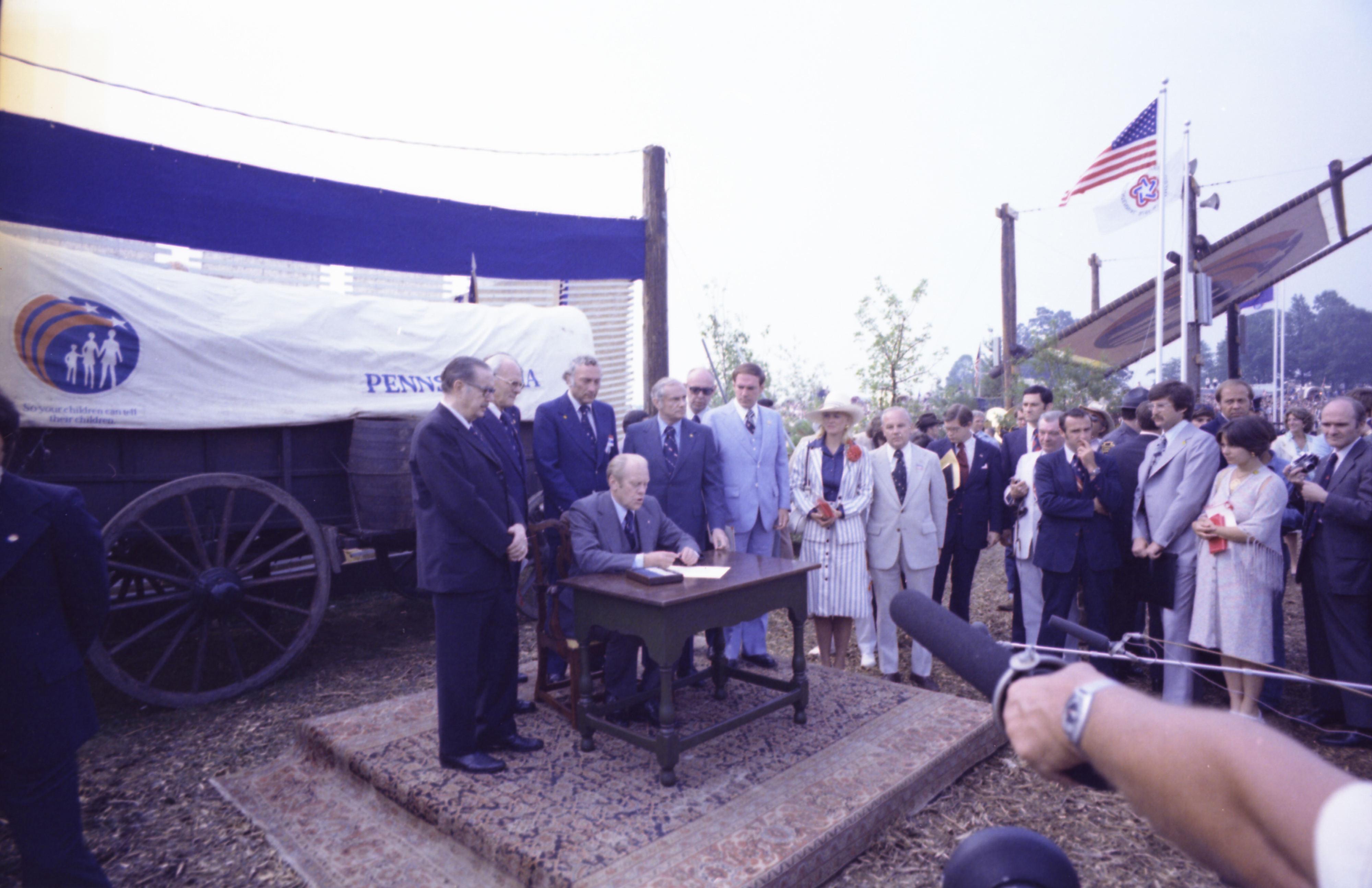Search Results - Scott, Hugh
Hugh Scott
 (1941–1945)
(1941–1945)(1947–1959) | term_start6 = January 3, 1941 | term_end6 = January 3, 1945 | predecessor6 = George P. Darrow | successor6 = James Wolfenden | birth_name = | birth_date = | birth_place = Fredericksburg, Virginia, U.S. | death_date = | death_place = Falls Church, Virginia, U.S. | restingplace = Arlington National Cemetery | party = Republican | father = Hugh Doggett Scott | mother = Jane Lee Lewis | spouse = | children = 1 | relatives = | alma_mater = Randolph–Macon College (BA)
University of Virginia (LLB) | occupation = | allegiance = United States | branch = United States Army
United States Navy Reserve | branch_label = Branch | serviceyears = 1917–1918 (Army)
1940–1946 (Navy) | rank = Cadet (Army)
Commander (Navy) | battles = World War I
World War II | battles_label = Conflict | module = }} Hugh Doggett Scott Jr. (November 11, 1900 – July 21, 1994) was an American politician. A member of the Republican Party, he represented Pennsylvania in the U.S. House of Representatives from 1941 to 1945 and from 1947 to 1959 and in the U.S. Senate, from 1959 to 1977. He served as Senate Minority Leader from 1969 to 1977.
Born and educated in Virginia, Scott moved to Philadelphia to join his uncle's law firm. He was appointed as Philadelphia's assistant district attorney in 1926 and remained in that position until 1941. Scott won election to represent Northwest Philadelphia in the House of Representatives in 1940. He lost re-election in 1944 but won his seat back in 1946 and served in the House until 1959. Scott established a reputation as an internationalist and moderate Republican Congressman. After helping Thomas E. Dewey win the 1948 Republican presidential nomination, Scott held the position of Chairman of the Republican National Committee from 1948 to 1949. He also served as Dwight Eisenhower's campaign chairman in the 1952 presidential election.
Scott won election to the Senate in 1958, narrowly prevailing over Democratic Governor George M. Leader. He was a strong advocate for civil rights legislation and voted in favor of the Civil Rights Acts of 1957, 1960, 1964, and 1968, as well as the 24th Amendment to the U.S. Constitution and the Voting Rights Act of 1965, and the confirmation of Thurgood Marshall to the U.S. Supreme Court. He won election as Senate Minority Whip in January 1969 and was elevated to Senate Minority Leader after Everett Dirksen's death later that year. As the Republican leader in the Senate, Scott urged President Richard Nixon to resign in the aftermath of the Watergate Scandal. Scott declined to seek another term in 1976 and retired in 1977. Provided by Wikipedia


